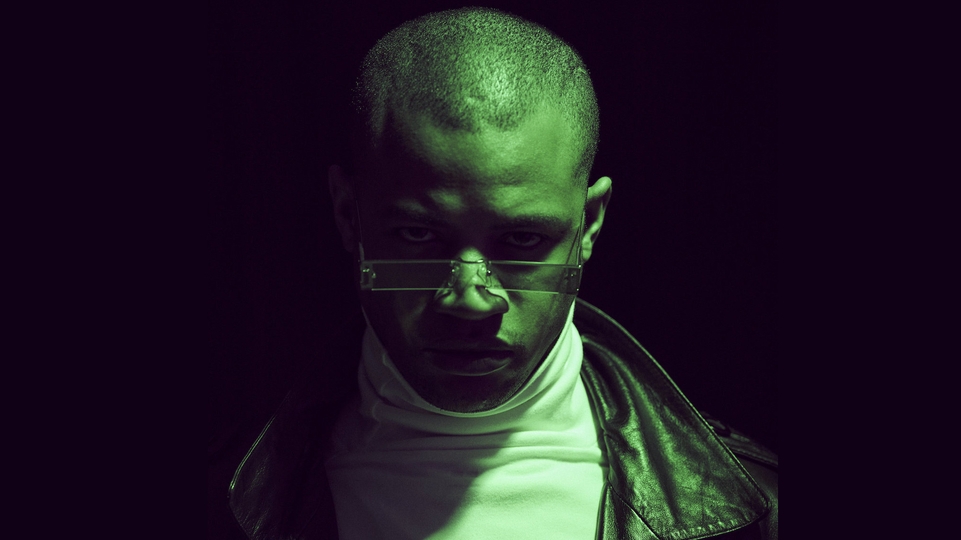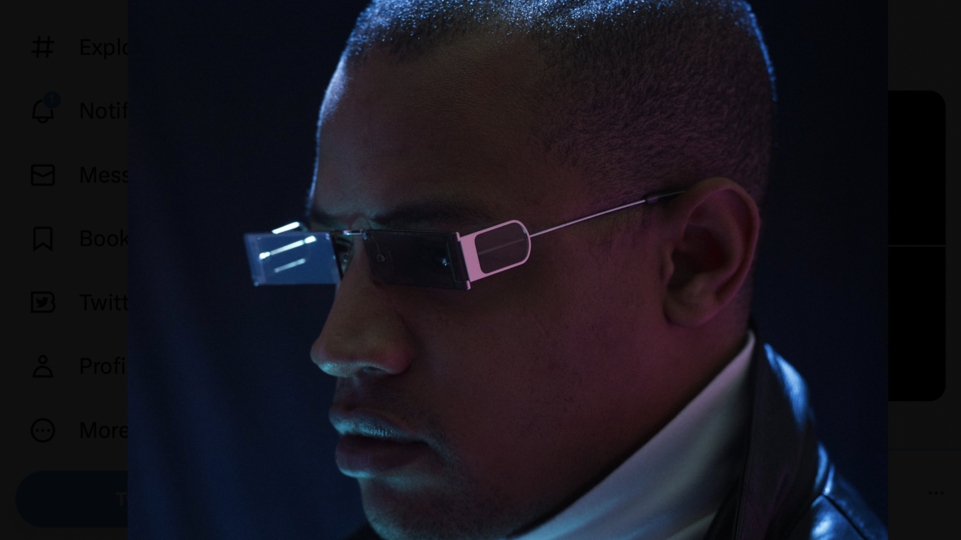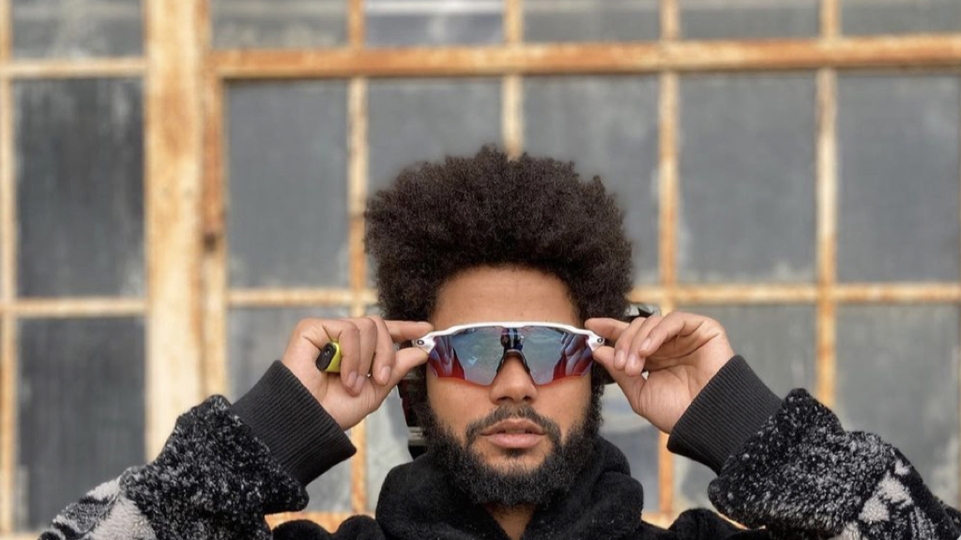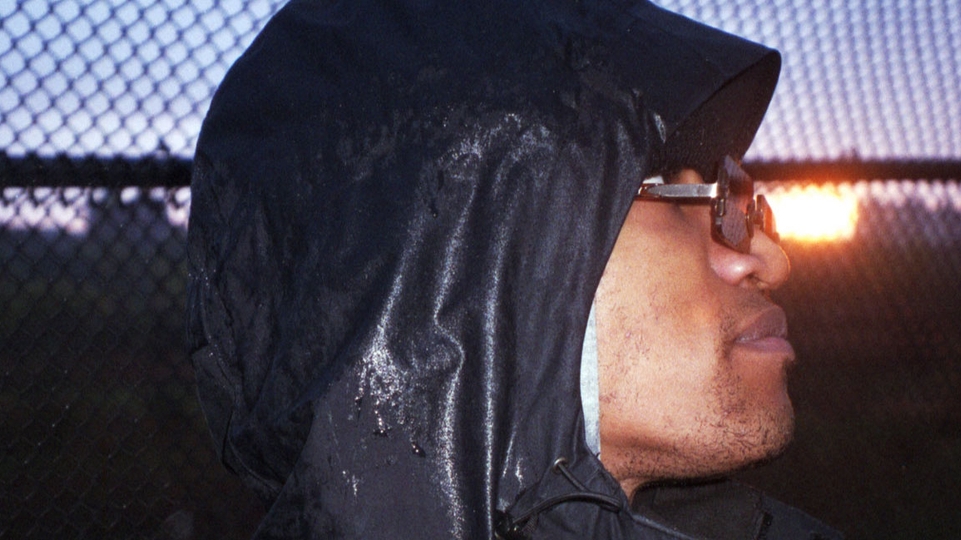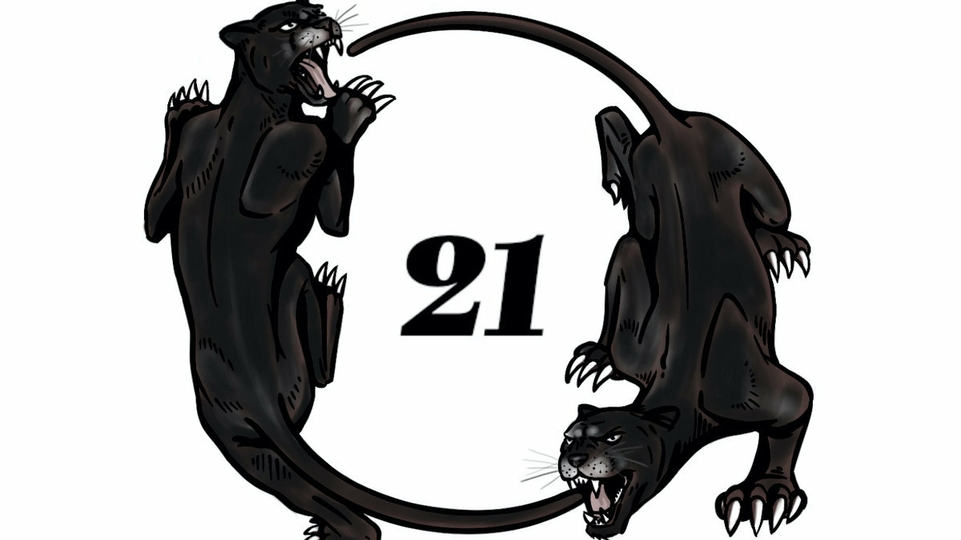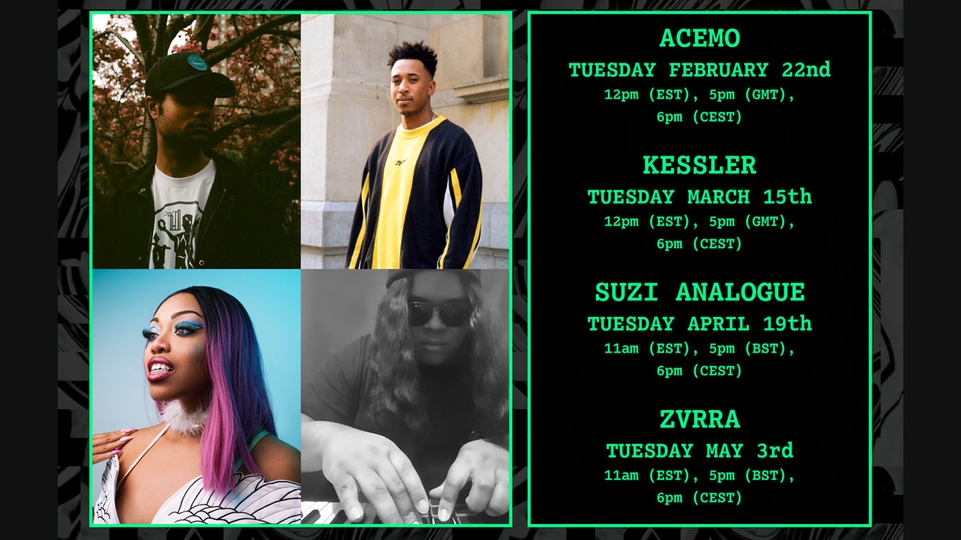AceMoMa: A new dawn
With ‘A New Dawn’, AceMo and MoMa Ready — working together under the AceMoMa banner — aim to alter the world’s perception of American club music
Unseasonable warmth and clear skies have brought an unusually bustling crowd to The Lot Radio. The internet radio station and café, based at the borderline of the Williamsburg and Greenpoint neighbourhoods of Brooklyn, tends to be pretty desolate on winter afternoons, but today a cluster of young families and athleisure-clad yuppies crowd the gravel yard, taking in bassy burbles coming from the station’s speakers along with the rare nice day.
Wyatt Stevens — a producer and DJ who performs under the name MoMa Ready, among other monikers — stands across the street, observing the unexpected cluster with a sort of bemused disappointment. “Who are all these people?” he wonders with a laugh. Since The Lot won’t be a good place for a quiet conversation today, Wyatt and his frequent collaborator Adrian “Ace” Mojica — best known as AceMo — take to the streets, weaving past strollers and cutesy sandwich boards, in search of a spot that feels hospitable. They pause to survey some of the grotesqueries that gentrification has bestowed on an area once known as a hub of the city’s DIY music scene: fancy furniture stores selling expensive rugs that look like old towels, and a Frankensteinian abomination that’s part bourgeois barbershop, part espresso bar.
They settle on a hippy-ish café hawking overpriced palo santo. Its cloistered backyard is a nice home for a minute, until they spy a no-smoking sign, which Wyatt loudly, jokingly proclaims to be “fascism!”
This is a dance familiar to anyone who’s spent enough time in New York City. It often feels impossible to find a place to gather your thoughts in a busy neighbourhood without having to spend an ungodly amount of money. Relaxation, in New York City and the world over, is a luxury often only afforded to the wealthy. But it feels fitting to be taking this restless journey with this particular duo; over the past couple of years, Wyatt and Mojica haven’t sat still much anyway.
“We all know why we’re here. You heard a song that represented the idea of [club] culture enough for you to go seek the music, to change the way you dress, to change all the playlists on your fuckin’ iPod. It happened because you felt that feeling. Once you hear it, you decided, oh that’s it for me. That’s what ‘A New Dawn’ is about — that sensation” — MoMa Ready
Under their own monikers and in collaboration as AceMoMa, the two are among the city’s busiest producers and DJs, unleashing a torrent of music across their respective Bandcamp pages. Since late 2017, they’ve combined for a couple of dozen releases scattered across different labels and monikers, jumping between genres with a gleeful disregard for the traditional borders between sounds and styles. Gurning jungle breaks sit right next to heartwarming house tracks; colourful floor-fillers share space with grayscale experimental beats.
The best of their tracks defy easy categorisation altogether. Taking a dip into their catalog is a bit like reaching blind into a big bag of jellybeans — each nibble is a new surprise. This busy, multifarious release schedule has all happened in the small gaps between their workmanlike slate of live dates around the city and worldwide.
In the past year especially, there haven’t been many weekends where you couldn’t catch one of them play at least once. One memorable night featured the two playing simultaneously at clubs more or less across the street from one another in Brooklyn. Those in the know spent the night hopping back and forth, using the busy block between them as a chillout room.
In late January, with little advance notice, the duo released ‘A New Dawn’, their first full-length as AceMoMA, on Wyatt’s label HAUS of ALTR. Even in the context of a deliberately genre-agnostic catalog, they gave themselves an even longer leash than usual. They describe their approach as a sort of selfconscious open-mindedness. “We take the shackles off for the music we make together,” Wyatt says. “We let it make itself.”
The resulting record is still identifiably dance music, but it swirls together the DNA of so many different genres — trance, techno, garage, East Coast club music — that it’s hard to get much more specific than that. They’ve said that the reason this new record is so varied is that they’re trying to pay tribute to the legacy and history of the dance music that preceded them, and in the process, push them to new heights. On their Bandcamp, they wrote that they were trying to explore “the possibility of futures that haven’t forgotten the past.”
Mojica says that their work is intended as a sort of “traveling museum”, a way of paying respects to dance music’s foundations, while continuing to expand its borders and boundaries. The “new dawn” is a gesture at the power they believe this music can have to transform people. “We all know why we’re here,” Wyatt explains. “You walked into the function, whether that’s the rave, the club, or even your friend’s car. You heard a song that represented the idea of [club] culture enough for you to go seek the music, to change the way you dress, to change all the playlists on your fuckin’ iPod. It happened because you felt that feeling. Once you hear it, you decided, oh that’s it for me. That’s what ‘A New Dawn’ is about — that sensation.”
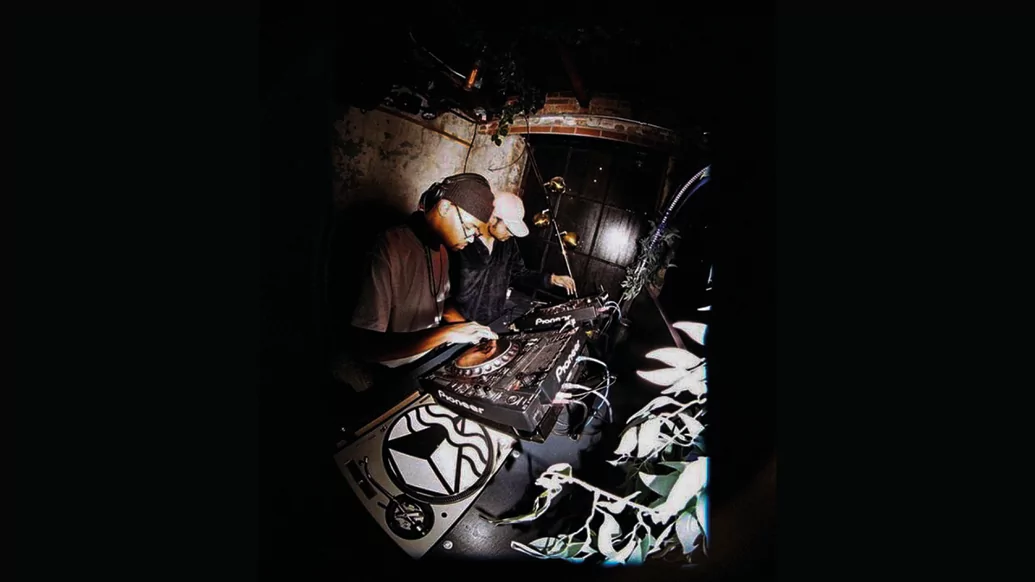

It’s an ambitious idea, that their music could change the world, but in some senses, Wyatt and Mojica were destined to be dreamers. They grew up in musical families in suburban areas around the city — Newburgh, NY and Connecticut, respectively. Mojica grew up playing trumpet and studying jazz. Wyatt was part of a more gospel-oriented family, though he says virtually everyone in his family sang or played an instrument of some kind. “I was probably always going to make some kind of art,” he says. “I don’t really have a spreadsheet brain.”
Eventually, they both found their way to the city during and after their college years. Each has hopped between scenes over the years, but at the time they met, they were operating in parallel worlds. Mojica was throwing parties with a club music collective and playing experimentally minded live sets in DIY spaces around Brooklyn, while Wyatt was part of a scene that he says was composed primarily of “NYU kids, skateboarders, and house music.”
They first crossed paths in 2017, at A-1 Records, a downtown Manhattan institution that Mojica worked at briefly. “I saw him pick up a record by [Los Angeles lo-fi experimenter] Delroy Edwards,” Mojica remembers. “That was when I thought, ‘That guy is going to be my friend.’” They ran into each other on the street while Mojica was walking a dog that belonged to the manager of a local club, at which point they figured they might as well give in to the fates and start hanging out. Part of their early connection came from their shared backgrounds.
“I didn’t have a lot of black friends that actually do this stuff,” Mojica says. “I saw literally no one like me in the community that I was in,” Wyatt affirms. But they quickly realised that the different musical communities they came from allowed them to push each other as musicians and people. At the time, Wyatt says he was focused on making music from a structural, arrangement-first point of view, while Mojica was zeroed in on a more intuitive music-making process.
“Ace came along as another young black dude in my age group, and showed me you can fly off and trust your judgment and your instincts musically,” Wyatt says. “I wasn’t really doing that at the time.”
The best collaborations happen when artists are able to open themselves up in that way: to let other people into their universe, and accept that the way that other people see the world has intrinsic value too. As friends first, that’s a philosophy baked into the music they make together. Even in their earliest songs, like ‘Nothing Crazy’ (which was released on last year’s ‘AceMoMA’ EP, but was actually the second song they ever made after meeting), you can sense confidence, comfort, and honesty at the core of what they do together. It’s a dizzy, twirling techno track built around a dazed vocal that the duo recorded as a voice memo while they were “walking down the street, talking shit.” It’s casual and loose, riding off this unpretentious energy that almost makes you feel like you’re right there alongside them, as they’re making the track.
“I want to see American dance music put a dent in the market for real. And not in some EDM, bass music-adjacent bullshit” — MoMa Ready
That’s more or less the feeling they’ve brought to their music in the years since, and it’s a contagious one. Humble as their experiments may be, they’ve won fans like recent DJ Mag cover star Josey Rebelle, and hardly a week goes by that one or the other isn’t above the fold on one music publication or another.
That’s translating into the real world, too — before the impact of the Coronavirus pandemic, big bookings had started to trickle in for both of them. 2019 saw the duo play a memorable pool party set at New York’s taste-making summer camp Sustain-Release, and in January of this year, they embarked on their first international tour together, laying a slate of dates across Europe.
‘A New Dawn’ was conceived in some ways as a statement of intent, a way of telling all these new eyes focused on them what they’re all about. The ‘AceMoMA’ EP was a way of feeling out the waters, presenting an honest reflection of their newfound friendship, but ‘A New Dawn’ is something else. It came together, they say, in the same kind of intuitive way that all their songs do, slowly snowballing into a record as they made more and more tracks.
But they realised that — in tracks like ‘Rave Masters’, which slams together trance synths, dubby bass refractions, and bruised breakbeats — they were simultaneously able to reach a hand toward the past and the future, “bridging the gap”, as they call it, between the American dance music that preceded them and whatever furious, ecstatic styles emerge next. ‘A New Dawn’, they claim, is in part an announcement of America’s importance to the global dance scene.
They acknowledge, of course, that they’re not the only ones fighting the good fight — at points throughout our conversation, they shout Eris Drew’s transcendental rave philosophies, among other contemporaries — but part of their restless prolificacy comes from a desperate desire to push the scene forward.
“Man, I want to see American dance music put a dent in the market for real,” Wyatt says. “And not in some EDM, bass music-adjacent bullshit. We invented all the core ideas of modern dance music, we’re not taken seriously in a global market, and I think that’s bullshit considering how much skin we have in the game. You could hire black DJs to play black music.”
“‘A New Dawn’ is the start of us changing that rhetoric,” Mojica continues. “We want to bring it back to the original, to bring new context to sounds that are worth keeping.”
Sitting, finally, in a park on the Williamsburg waterfront, with the Manhattan skyline and the bright afternoon sun at their backs, they expound on the future they want to see. They want more community, more honesty, more integrity. They want kids to have spaces to feel comfortable, they want places where everyone can feel free. They want real dance music to have a chance to win a Grammy. They want to see themselves and their friends on the biggest stages the world has to offer, because they have faith, sincerely, that this music has the power to shift things.
Their voices rise and fall with almost evangelical fervour, extolling the virtues and values of the scene they’ve come to call home. This music made them feel free, and they want everyone else to be able to feel it too. “I wish I could discover dance music right now,” Wyatt muses. “Can you imagine walking into [a club] while one of our friends is playing?”
Ace nods in affirmation: “Finally, I’ve found what I’ve been looking for.”
